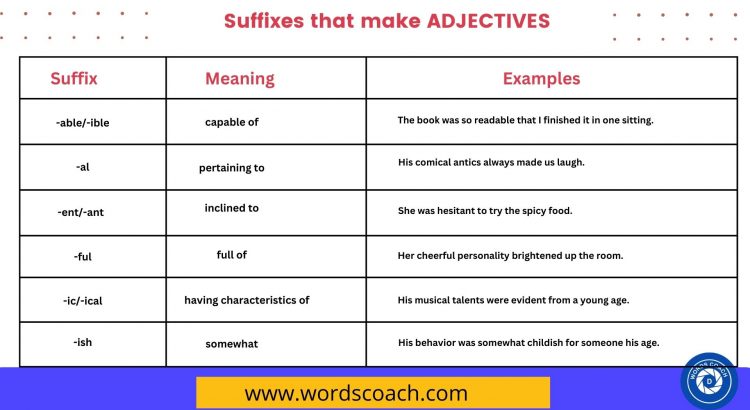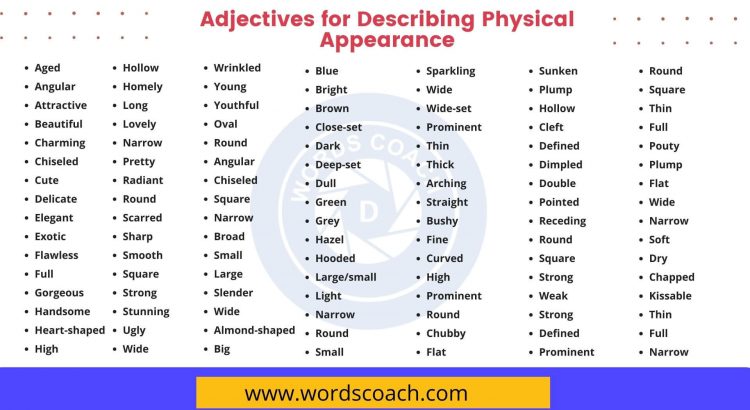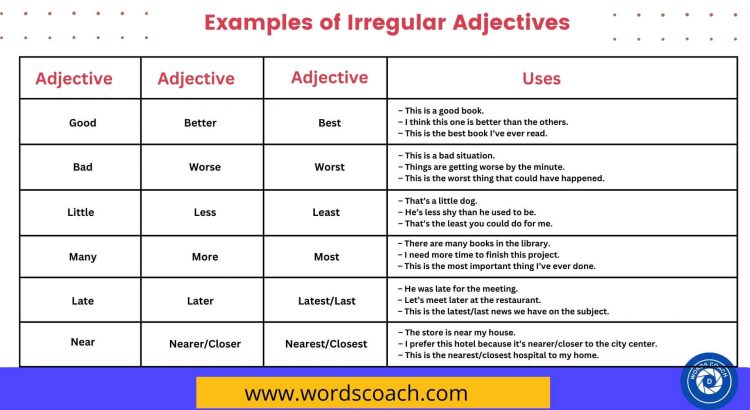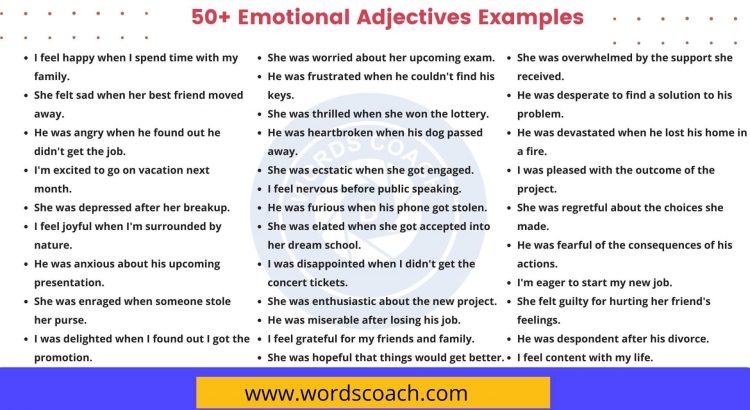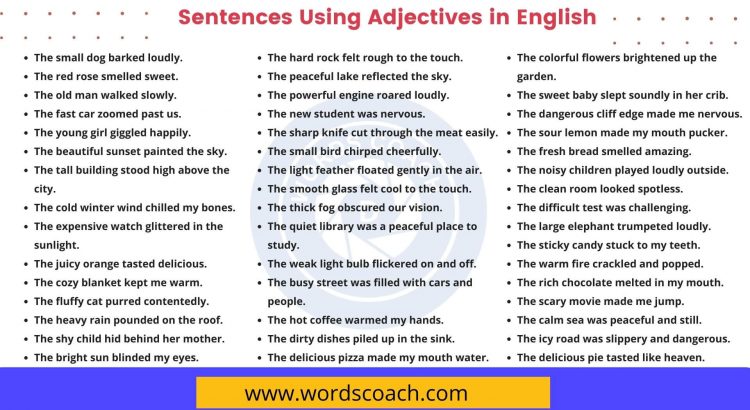
100+ Most Common Adjectives in English
Unlock the power of common adjectives! Discover their meaning, usage, and how to elevate your writing with clarity, accessibility, and emotional depth. Learn tips, explore synonyms, and join the vocabulary community!


